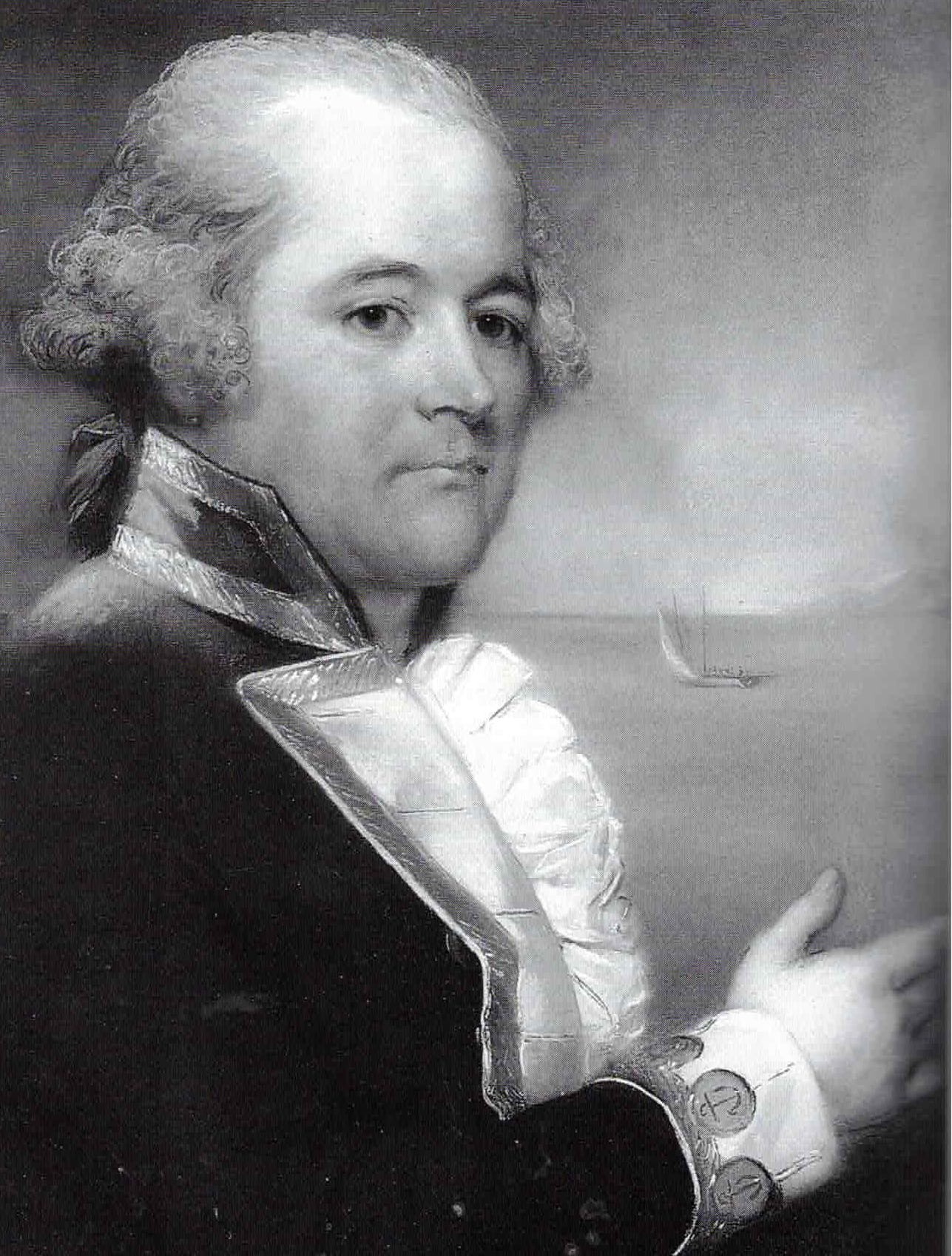[This series is also running in an abridged form on my Instagram account piracyinpictures.]
If you’ve only ever heard of one mutiny in your life, there’s a very good chance it’s the one that occurred on the British military vessel Bounty, in the heart of the South Pacific Ocean.
The story of the Bounty mutiny and its aftermath has been the subject of at least 3,000 (and counting) books, articles, plays, productions, and films since that fateful day on 28 April 1789.
Yet nobody really knows why there is such an endless fascination with it.
Although mutiny and piracy were intimately connected, this mutiny did not result in a spree of piracy. In fact, the events of that fateful day were almost mundane. Early that morning, the first mate, Fletcher Christian and his supporters advised Captain William Bligh they would be taking the Bounty. The mutineers gave Bligh one of the Bounty’s boats, some food and navigation equipment. When more of the crew decided to go with Bligh than the mutineers realised, they gave them all a bigger boat and a few extra supplies. Then everybody sailed off. The mutineers shed no blood and it was all surprisingly civil.
Bligh’s survival and return to London to tell the tale was undoubtedly remarkable. But it did not result in any notable new geographical information about the Pacific, like the voyage of Captain James Cook, nor any new insights into exotic plants and animals like Charles Darwin in the Beagle. Although Bligh did his upmost to turn the events to his advantage he would eventually be ostracised for his tyrannical ways.
Perhaps it was the mutineers’ story that leads the fascination. They soon realised they were outlaws and set about finding a safe haven. Eventually, they found one on a remote volcanic rock in the depths of the Pacific called Pitcairn Island. The community they built – and the remnants that survive today - centred on fishing, farming and, as the world would learn to its horror 200 years later, fornicating.
Does the fascination come from the ‘tortured soul persona’ that was Fletcher Christian and the fact that very little is actually known about him? Most importantly, why he led a mutiny that he knew would doom him as an outlaw for the rest of his life.
I think it’s because the Mutiny on the Bounty is a story of mythic proportions. It will never die because it is true AND nobody will ever really know what happened.
So let’s dive in.
The two protagonists
This story centres on two men: Captain William Bligh and his first mate on the Bounty, Fletcher Christian.
It would be nice to say that one was good and the other one was not but that is not how this story works.
Depending on what book you read and when it was published, you can read that Bligh was the good Captain just trying to do right by his crew and Christian was the willful bad guy who would do anything to return to his lover in Tahiti; or you can decide that Bligh was tyrannical and abusive and drove the good-hearted and well-liked Christian to mutiny.
But that does not answer the question of why other crew members joined in with Christian.
So what do we know?
First up, we know a lot more about Bligh than we do about Christian.
Born on 9 September 1754, William Bligh was an exceptionally skilled navigator with an equally high opinion of himself. He was a bombastic, tyrannical and unpleasant person with a vile temper. He was also inclined to verbally abuse his crew and his officers but was fiercely loyal to Britain and the Navy. Like the leopard that could not change its spots, Bligh was like this before he captained the Bounty, on the Bounty and all the years after the Bounty.
Much less is known of Fletcher Christian. There is no surviving portrait or image of him. He was ten years younger than Bligh and from the Cumbria region of England. Bligh described him as strong, dark haired and olive-skinned, with bowed legs and a tendency towards excessive perspiration. Unlike Bligh, Christian came from a distinguished family that had fallen on hard times, especially after his father died.
His brother described him as amiable and likable, an excellent scholar but nobody knows in what. No-one knows why he joined the Navy or when.
The two men first met sometime in 1787 and sailed together. It seems they liked each other. Thanks to Bligh, Christian signed on to the Bounty expedition and Bligh quickly promoted him to acting lieutenant. Perhaps the fatherless Christian was looking for a mentor and Bligh enjoyed the ego boost of a younger man’s adoration.
Obviously, it all went horribly wrong… but how?




